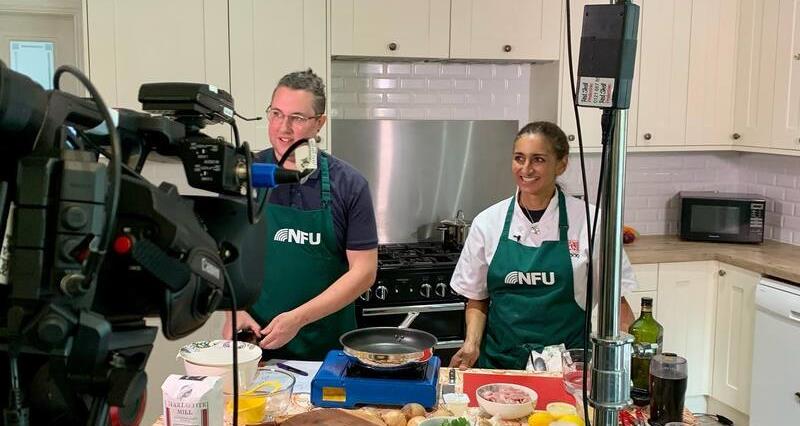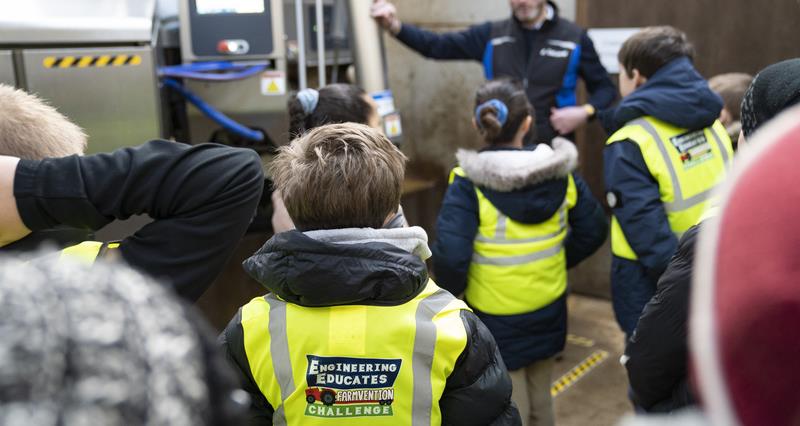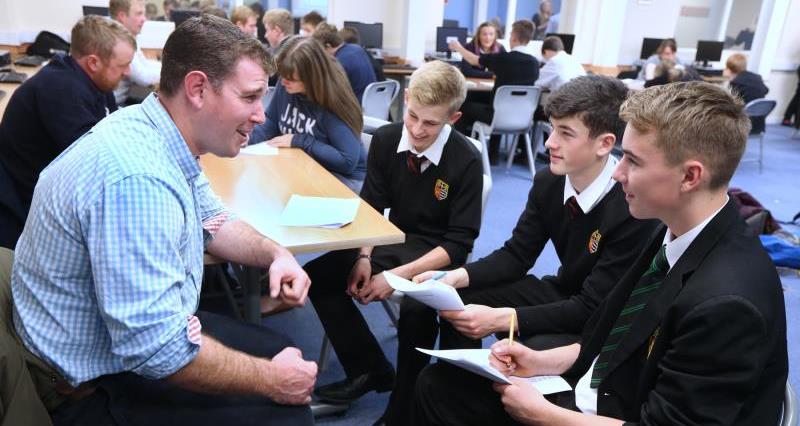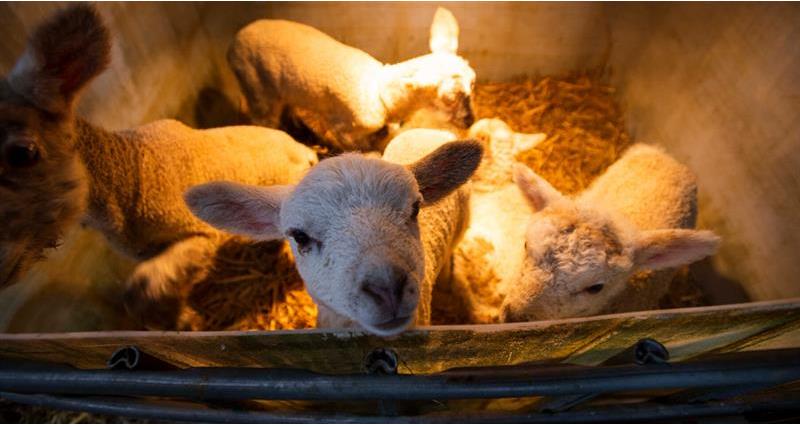This year, over 108,000 students learnt how all the key ingredients of a thali are grown and produced in the UK. They then had the opportunity to use these ingredients and cook alongside Herefordshire based chef Rayeesa Asghar-Sandys to celebrate British produce and the end of harvest.
The youngest children, who are in Key Stage 1, made a delicious Palak Paneer dish, and learnt how to grow onions, spinach and coriander. They also learnt about where the milk for paneer cheese comes from for the dish by meeting the robotic milkers on farmer Elaine’s dairy farm.
Key Stage 2 students learnt how to make a tasty tandoori chicken roti, following where chapati flour comes from and virtually visiting one of the UK’s remaining working watermills. A butcher also taught them how to safely prepare chicken and they visited a garlic farmer on the Isle of Wight.
Both lessons have teaching resources that are linked to the curriculum, so the children will continue to learn where their food comes from.
NFU President Minette Batters said: “We’re in our fourth year of live lessons celebrating harvest and I’m so proud of the huge number of schools and children we’ve been able to reach.
“This year’s focus on the delicious ingredients for a thali is a brilliant way to make agriculture a more diverse space where everyone feels welcome, all while giving students insights into where their food comes from and inspiring them to think about a career in food and farming.”
"We've done Harvest Live a couple of times and it's a brilliant event - the children think it's absolutely fantastic."
Lenia Greenaway, Head Teacher
Lenia Greenaway, who is the Head Teacher at St Peter's C of E Infant School, in Tandridge said: "We've done Harvest Live a couple of times and it's a brilliant event - the children think it's absolutely fantastic. There is always a real buzz around the classroom when this takes place and the whole school gets involved.
“It's a great way of teaching children about where their food comes from and that it doesn't just come from the supermarket. This gives them that reference point. It is always a great way of helping children to learn a bit more about another culture. We are a church school and we already teach the children a little bit about different faiths and this is a good way of bringing that to life."



